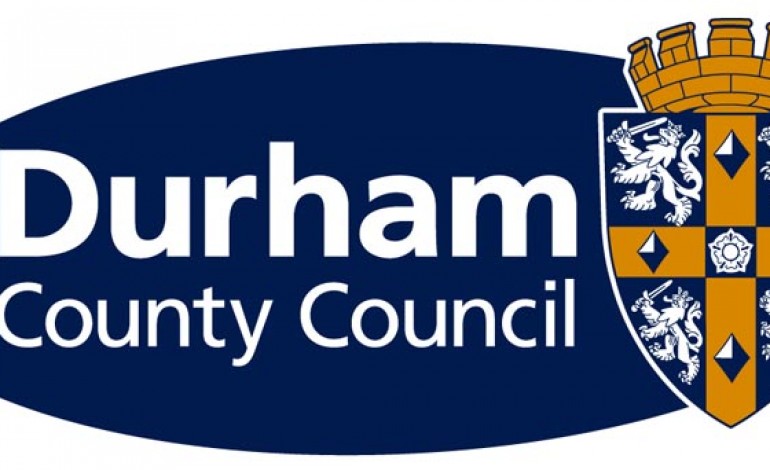Councillors in County Durham will be given an update on its council’s financial position as the authority prepares to set its budget for the next financial year.
Next week, Durham County Council’s Cabinet will hear how the council’s financial forecasts and Medium Term Financial Plan (MTFP) have been updated following the government’s Autumn Statement and local government settlement at the end of 2023.
Councillors will hear that no new funding is being made available for the public sector over and above the sums previously announced in the 2022 Autumn Statement.
This has made the council’s financial planning more difficult, with the draft local government finance settlement resulting in an unexpected cut in funding and the council losing around £1.8m of the funding it was expecting.
The Autumn Statement announced a 9.6 per cent increase in the National Living Wage (NLW) in 2024/25 to £11.44 per hour.
While this reflects the council’s forecasts for NLW, the continued rapid increase in the NLW places significant pressure upon adult social care commissioning costs – which are expected to rise by £12.6m next year.
The government also announced that local government Core Spending Power (CSP) will increase by 6.5 per cent.
Councillors will be advised that while this is higher than the Consumer Price Index of 4.6 per cent, the increase in CSP does not provide sufficient funding to cover the cost pressures being faced and demand pressures in social care services that the council has a statutory duty to provide.
The report also highlights how the CSP figures published by government include an assumption that the council will increase its council tax by the maximum permissible.
The figures also show that the CSP per dwelling in County Durham is below the national average and if the council was funded at the national average it would receive an additional £42.4m of funding.
Cabinet will also hear that it is forecast that unprotected government departments, such as local government, will face very tight financial settlements over the following three-year period leading to inevitable cuts in funding which will impact local authorities’ statutory responsibilities which are becoming more costly to provide.
Cllr Richard Bell, Durham County Council’s deputy leader and cabinet member for finance, said: “Unfortunately the provisional local government settlement for 2024/25 does not provide the additional resources we need to meet the unavoidable cost pressures we are facing and we are expecting 2025/26 to be even more challenging.
“One major concern was that the government’s Policy Statement in December encouraged local authorities to utilise reserves to balance their budgets next year.
“Given the financial pressures facing councils, using reserves to continually balance annual budgets is not a sustainable and prudent approach.
“However, in County Durham we remain committed to strong financial governance and getting value for public money, while ensuring we have a sustainable balanced budget to support our services to residents.
“We are in the process of finalising savings proposals following consultation with residents to help us meet budget shortfalls for 2024/25 and the next four years.”
Cabinet will be told that once the available government funding, actual taxbase growth, updated base budget pressures and an assumption that the council raises council tax by the maximum sums available are taken into account, the total savings requirement over the next four years is £58.4m, with £14.4m of this falling into 2024/25.
Two phases of consultation were carried out with the public on proposals to balance the council’s budget for 2024/25 and over the following three years.
Overall, across both phases of consultation, feedback showed an understanding and appreciation of the council’s financial situation.
Phase one of the consultation showed the majority of responses agreed with the council’s approach to the savings proposals.
Feedback from both phases of consultation will be taken on board when finalising the savings proposals that will be presented to Cabinet and full council in February as part of the budget setting process.
If all the proposed savings are approved by full council, and assuming council tax increases in line with government expectations of 4.99 per cent in 2024/25 and 2.99 per cent per annum thereafter, the council is facing a £42m shortfall over the four-year period, with £6.5m of this falling into 2024/25 and the council having to use its reserves again to meet that budget shortfall.
In County Durham, a 4.99 per cent increase in the council’s council tax charge would result in an increase of between £1.15 and £1.54 per week for residents.
Households on low incomes which qualify for support through the Local Council Tax Reduction Scheme, many of which would qualify for 100 per cent support and pay no council tax, would be protected from any increase either in full or in part.
Cabinet will hear more details when it meets on Wednesday, January 17, at 9.30am.








